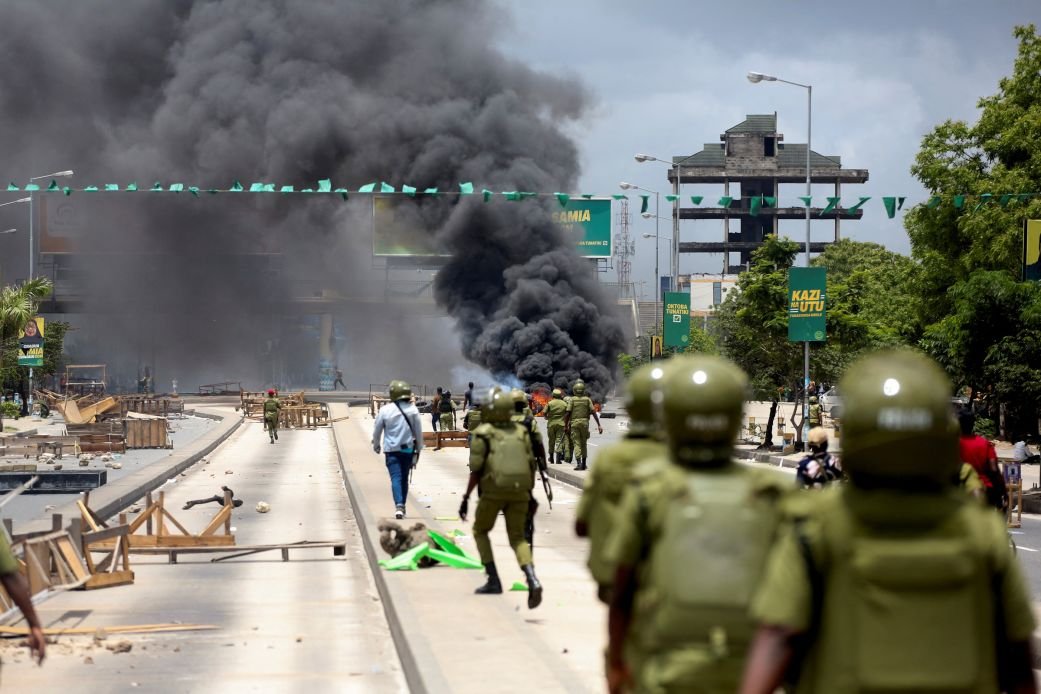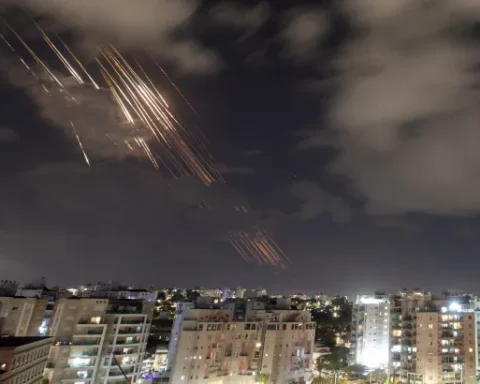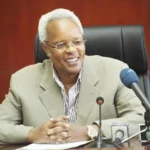Late on the evening of 3 November 2025, internet access was restored in Tanzania, ending a government‑ordered blackout that began on 29 October 2025 amid violent protests spreading across major cities.
The move came just hours after the inauguration of President Samia Suluhu Hassan and her vice‑president, and triggered a rush of social‑media posts and messages expressing grief and anger over the deaths of loved ones.
Much of the online activity centred on people mourning relatives who, they say, were shot dead by security personnel during the demonstrations. Videos and photographs circulating on social platforms show injured youths, many estimated to be aged between 17 and 25, lying wounded or being carried by friends and family. Burial ceremonies have already been held in several regions, following religious and cultural customs. Meanwhile, others are still planning memorials, facing difficulties in travel and coordination due to the preceding lockdown of communication channels and transportation.
Also Read:Calm And Order Mark Tanzania’s 2025 Election Day
No official tally of fatalities has been released, but major opposition figures suggest the death toll may run into the hundreds. Human‑rights organisations warn of possible excessive force by security forces during the crackdown, with the internet and electricity shutdowns creating an environment of near‑information blackout. For example, Amnesty International has raised serious concerns about “unlawful killings and other human‑rights violations” occurring during the blackout.
In a statement released during the turmoil, the UN Secretary‑General António Guterres pleaded with all parties to observe restraint and engage in inclusive conversations to prevent further violence. He emphasised that the memory of those lost demands justice and dialogue, not further bloodshed.
The government, through its foreign‑affairs ministry, explained that the cut‑off in internet service and deployment of security forces were necessary to restore order. It described the actions as “temporary and essential” given the unrest and condemned what it called “acts of vandalism and violence” against state property.
As family members share their anguish online, many express frustration over being unable to reach out for help or coordinate travel to funeral services during the blackout. Some described the moments of reconnection as bittersweet — relief to be able to post messages of remembrance, regret that many of their loved ones could not be found earlier. The images posted depict wide‑eyed grief, abandoned homes, and youth whose futures are now cut short.
Investigations remain demanded by local and international observers. The renewed connectivity has opened a window into the scale of the human tragedy, but the full story remains untold until independent verification of casualties is carried out.
Meanwhile, the restoration of the network is itself seen as a signal: that communication channels will no longer be wholly controlled through shutdowns, and that people will have a platform to both grieve and demand accountability







